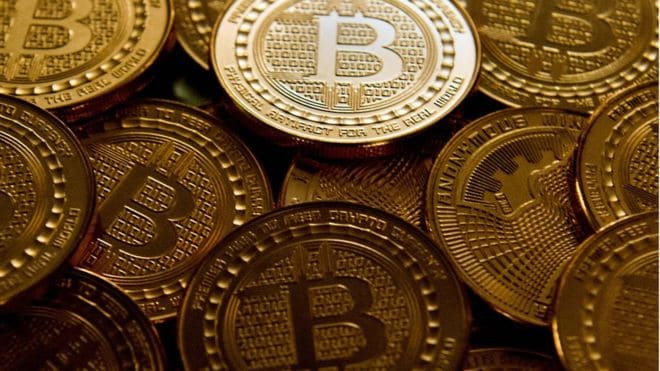Bitcoin, the world’s first decentralized digital currency has been declared haram or forbidden for Muslims by the Grand Mufti of Egypt, Shawki Allam.
The Egyptian cleric called for a ban on the crypto-currency since according to Ahram Online it is not considered an “acceptable interface of exchange” as per Islamic law. Allam compared the digital exchange to gambling which is considered haram “due to its direct responsibility in financial ruin for individuals.”
The fatwa is the response of the Egyptian Financial Regulatory Authority’s announcement that urged people to engage in the exchange of Bitcoins and has since been deemed as a “form of deception that falls under legal liability by the cleric.”
According to Ahram Online, the fatwa declared that, “Bitcoin is forbidden in Sharia as it causes harm to individuals, groups, and institutions.”

Allam’s reasoning behind the fatwa states that since there is a serious lack of public disclosure regarding dealer’s crypto-currency operations, there could be some legal repercussions for those investing and handling the digital exchange. Allam is also of the view that Bitcoin also undermines Egypt’s power over the regulation of their international and domestic commerce and said the decision to ban was under the counsel of his advisor and “several economy experts”.
The clerics have gone on to even link the currency as direct funding for terrorists and that, “It has no set rules, which is considered as a contract annulment in Islam, that is why it is forbidden.”
Despite certain pressures from the Islamic clerics and the Financial Regulatory Authority, the Egyptian government has not shown any signs of banning Bitcoin as many others like Bolivia and Thailand. Similar claims have arisen from many Saudi clerics who call it a “open gate for money laundering, drug money and haram money.”
Whether Bitcoin is haram or not still remains to be seen, but the more important thing to think about is what Bitcoin means for the world’s economy since it is free from the control of big governments and big banks.
Will it really prove to be “the people’s currency” as it is claimed to be or is it really just a fraud?
Only time and investment will tell.














